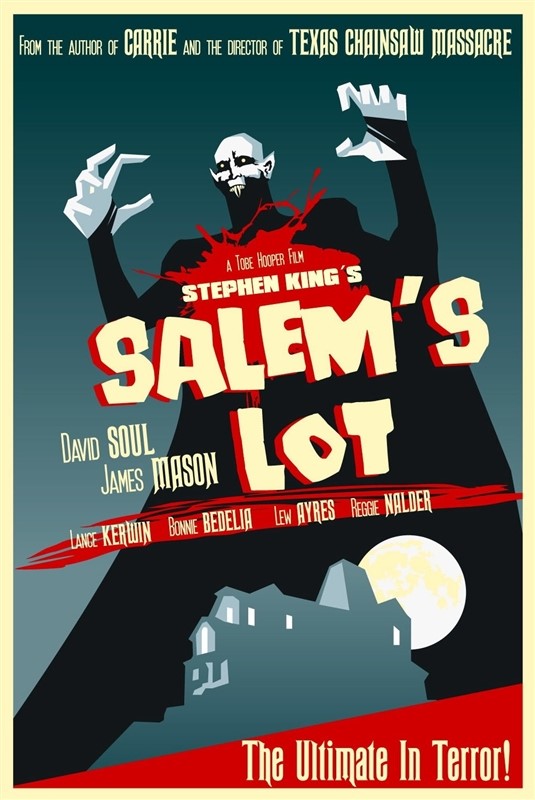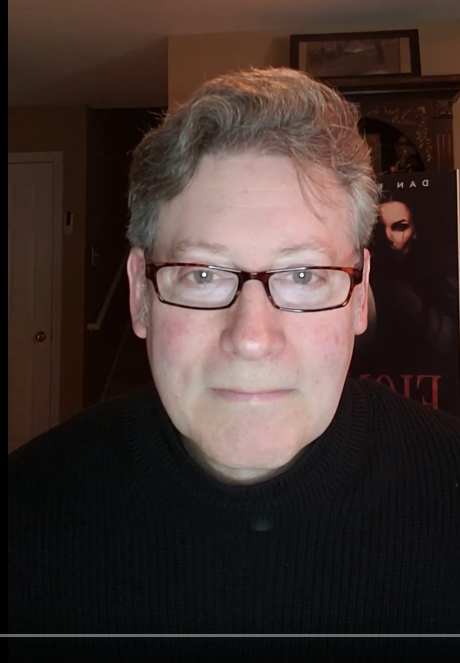Marketing expert Seth Godin got me thinking about the difference between logo vs. brand. Most of us understand a logo as an identifier, like McDonald’s golden arches. You see it and know what they sell. Branding, on the other hand, goes beyond a transaction. It’s a promise that your life will be enhanced when you buy a certain product. Authors who want to make a name for themselves should study Godin, especially his comparison of two well-known companies: Nike and Hyatt.
Imagine each entering the other’s market. Can you picture what a Nike hotel would look like? I can, and I’m the least athletic person I know. Enter the lobby and you’re greeted by life-size statues of Michael Jordan and LeBron James wearing actual high tops with the famous swoosh. The catch phrase, Just Do It, graces every door. Treadmills are standard in rooms along with a KSB and free wi-fi. To get to there, guests must sprint down corridors that swoop up and down, and wind around, driving home the notion that relaxation is for losers. Just. Do. It.
Now imagine if Hyatt introduced a line of athletic footwear. What would that look like? Go on, I’ll wait.
Still can’t picture it? That’s not your fault; Hyatt is just a logo. Your decision to stay in one of their rooms is based on whatever discount you could obtain while looking up competitors like Marriott and Hilton. Other than saving 25 bucks a night, the experience is the same.
So how does Godin’s emphasis on branding work for authors? Let’s start with those who write horror. The market is full of books in this genre, but the best make readers face their deepest fears. Stephen King became a brand because everyone expects his stories to take them on a journey into their own psyche. This is the central promise, one that Hollywood films hitch their wagon to when they adapt his books. Think of how often King’s name appears before the starring actors.
Writers can also benefit from studying Apple’s decision to release the iPhone, a device nobody knew they wanted – but now can’t live without. Here I’ll focus on romance novels. Many readers say they want a Happily Ever After ending. In fact, several publishers clearly state they’ll reject manuscripts without a HEA. But Shakespeare shows us how wrong we all are. Spoiler alert, but the most famous love story of all time — Romeo and Juliet — does not conclude with airborne rice or a dove release. No doubt, the Bard read the ancient Greeks who understood what humans today rarely admit: We adore tragedy.
Of course, Shakespeare also wrote comedies, showing he was happy to give people what they wanted. If he stopped there, we’d still remember him with fondness. But he wouldn’t be celebrated as the greatest writer in the English language. His tragedies, like the iPhone, embody a keen insight: You’ll achieve more if you reveal to people what they actually desire. And even though disputes continue over Shakespeare’s real identity, fans could care less. They bought the brand, not the man.
Could your stories survive disputes over your identity? It’s a useful thought exercise, one that shifts focus away from our impulse to sell books to how your writing impacts the reader. If you want to transcend the transactional, remember that any brand you hope to build can’t happen until you change how your readers see themselves. Write to change lives. The rest will follow.
DK
Dan Klefstad is a longtime radio host and newscaster. His latest book, DIY Book Promo, helps his fellow authors find readers without spending money. It’s based on lessons from the previous campaign for his novel, Fiona’s Guardians, plus his broadcasting career. Dan will speak about his unique approach to book marketing this July at the Imaginarium Convention in Louisville, Kentucky, not far from his home.

